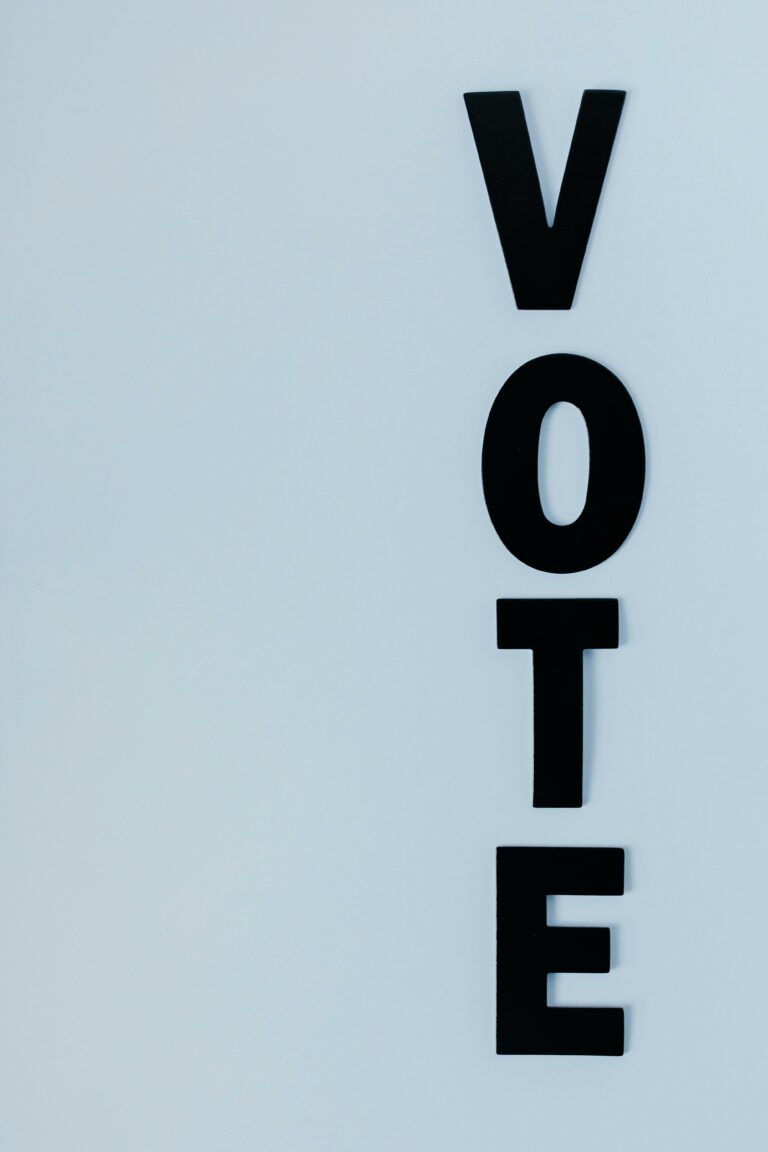Leveraging Blockchain for Secure Transmission of Voting Data
11xplay, reddy anna book, goldenexch 7777:Blockchain technology has been making waves across various industries, providing secure and transparent solutions for data management. One area where blockchain can prove particularly beneficial is in the secure transmission of voting data. With the increasing concern around election integrity and data security, leveraging blockchain for voting can help ensure that votes are accurately recorded and transmitted without the risk of tampering or hacking.
Blockchain technology, at its core, is a decentralized ledger system that records and verifies transactions across a network of computers. Each transaction, or in this case, each vote, is securely encrypted and added to a block of data. Once the block is validated by the network, it is added to the chain of existing blocks, creating a transparent and immutable record of all transactions. This means that once a vote is cast and recorded on the blockchain, it cannot be altered or deleted, providing a high level of security and trust in the voting process.
One of the key benefits of leveraging blockchain for secure transmission of voting data is the elimination of the need for a central authority to oversee the voting process. Traditional voting systems often rely on centralized servers that can be vulnerable to hacking and tampering. With blockchain technology, the entire voting process is decentralized, with each node in the network verifying the validity of each vote. This not only reduces the risk of fraud but also increases transparency and trust in the voting process.
Another advantage of using blockchain for voting is the ability to provide voters with a secure and transparent way to verify their vote. Through the use of cryptographic keys, voters can access their encrypted vote on the blockchain and verify that it has been accurately recorded. This provides voters with peace of mind knowing that their vote has been securely transmitted and counted.
Moreover, blockchain technology can also enhance the accessibility and convenience of voting. With traditional voting systems, voters often have to physically go to a polling station to cast their vote. However, with blockchain-based voting systems, voters can cast their vote from anywhere with an internet connection, using their computer or smartphone. This can help increase voter turnout and engagement, particularly among populations that may face barriers to traditional voting methods.
In addition to providing secure transmission of voting data, blockchain technology can also help prevent voter suppression and disenfranchisement. By creating a tamper-proof and transparent record of all votes, blockchain can help ensure that every vote is counted and that no votes are manipulated or invalidated. This can help strengthen the integrity of the voting process and uphold the democratic principles of fairness and equality.
Overall, leveraging blockchain for the secure transmission of voting data has the potential to revolutionize the way elections are conducted, providing a more secure, transparent, and accessible voting experience for all. With its decentralized nature, cryptographic security, and immutability, blockchain technology can help ensure that votes are accurately recorded and transmitted without the risk of tampering or fraud.
### How does blockchain ensure the security of voting data?
Blockchain technology uses cryptographic encryption to securely record and verify each vote on a decentralized network of computers. Each vote is added to a block of data and validated by the network, creating a tamper-proof and transparent record of all transactions. This ensures that votes cannot be altered or deleted once they are recorded on the blockchain, providing a high level of security and trust in the voting process.
### Can blockchain technology prevent hacking or tampering of votes?
Yes, blockchain technology can help prevent hacking and tampering of votes by creating a decentralized and transparent record of all transactions. Each block of data is securely encrypted and verified by the network, making it virtually impossible for malicious actors to alter or delete votes without detection. This helps ensure the integrity of the voting process and upholds the democratic principles of fairness and transparency.
### How can voters verify their votes on the blockchain?
Voters can verify their votes on the blockchain by using cryptographic keys to access their encrypted vote. By accessing the blockchain, voters can verify that their vote has been accurately recorded and that no changes have been made to it. This provides voters with peace of mind knowing that their vote has been securely transmitted and counted.
### Can blockchain technology increase voter turnout and engagement?
Yes, blockchain technology has the potential to increase voter turnout and engagement by providing voters with a more accessible and convenient way to cast their vote. With blockchain-based voting systems, voters can cast their vote from anywhere with an internet connection, using their computer or smartphone. This can help remove barriers to voting and increase participation among populations that may face challenges with traditional voting methods.
### How does blockchain technology prevent voter suppression and disenfranchisement?
Blockchain technology helps prevent voter suppression and disenfranchisement by creating a tamper-proof and transparent record of all votes. By securely recording and verifying each vote on the blockchain, blockchain technology ensures that every vote is counted and that no votes are manipulated or invalidated. This helps strengthen the integrity of the voting process and uphold the democratic principles of fairness and equality.







